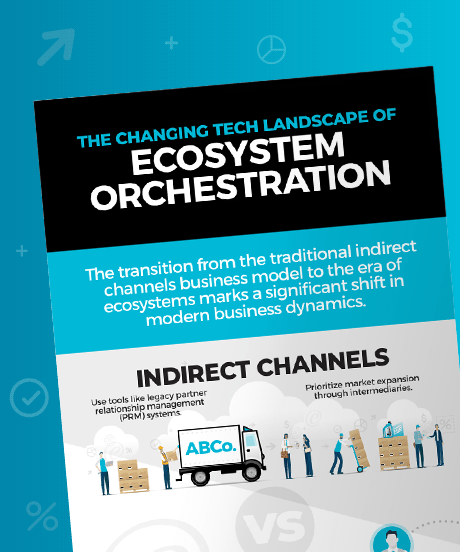A Strategic Partner is an organization or entity that works closely with a business to help it achieve long-term goals that extend beyond routine transactions. Unlike simple vendors or suppliers, strategic partners contribute unique value that supports innovation, growth, or market differentiation.
This relationship typically involves:
- Collaborating on shared objectives, such as expanding into new markets or developing joint offerings
- Sharing expertise, infrastructure, or technology to strengthen core capabilities
- Aligning on mutual priorities to ensure sustained success over time
Businesses rely on strategic partners when they need to expand their capabilities or respond to challenges that go beyond what their internal resources can handle. For example, a tech company might partner with a logistics firm to improve its supply chain visibility or work with a research institution to accelerate product development. In these cases, the partner brings deep expertise or assets that allow both sides to pursue goals they couldn’t reach independently.
The value of a strategic partner lies in the way they help shape long-term direction. By contributing insight, technology, or market access, they become part of the decision-making process rather than simply providing a transactional service. This kind of relationship often leads to stronger performance over time, as both sides benefit from sustained collaboration, shared risks, and a more adaptive approach to growth.
Centralize Ecosystems to Adapt to Market Trends

Infographic
The Changing Tech Landscape of Ecosystem Orchestration
The transition from the traditional indirect channels business model to the era of ecosystems marks a significant shift in modern business dynamics.
The new world of Ecosystem Orchestration fosters innovative, seamless collaboration and flexibility.
See the contrasts of Ecosystem Orchestration with the constrictions of traditional PRM and the impact of this implementation on your business.
